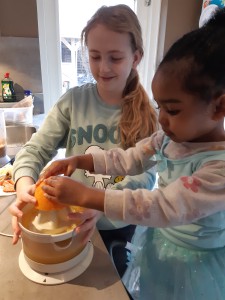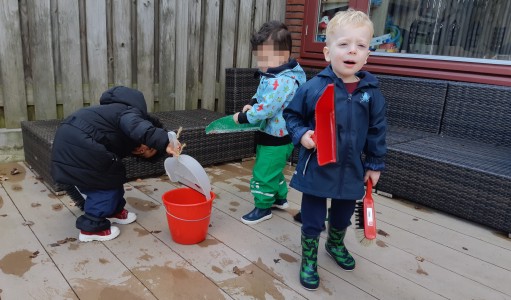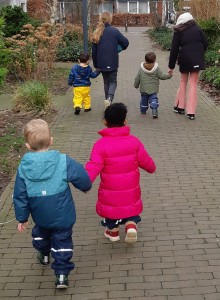In my vision on working with children, I am very fond of Emmi Pikler’s ideas and Reggio Emilia’s pedagogical approach. Children are naturally curious and eager to learn. They are creative and sociable and can express themselves in many ways; by speaking, moving, dancing, drawing, claying, building, roleplay, etc.
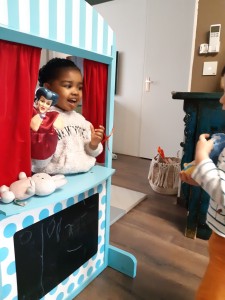
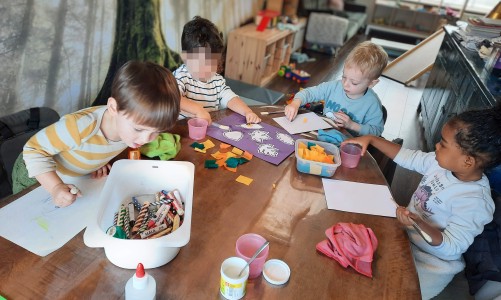
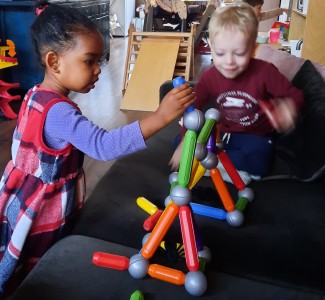
The Reggio Emilia approach is also known as the pedagogy of listening. This means that you follow the children, by
watching and listening closely to them. I am physically and emotionally available and offer emotional security. Often I
will look critically at the playing area and try to set it up in such a way that it challenges the children to
investigate and experiment. Providing inspiring materials that stimulate the children and encourage them to play. By
varying and offering targeted material and/or activities, I try to stimulate the personal competences of the children in
different areas of development. Including gross and fine motor skill development, cognitive development, speech and
language development, social and emotional development. I’m also consciously working on teaching the children important
skills such as independence, creativity and flexibility. These skills will increase their self-confidence and
problem-solving abilities.
Besides activities there will be enough room for free play, which is also very valuable to me. After all, Emmi Pikler
argues that children should be given the freedom to learn to move and play at their own pace. I like to give the
children the space to do this. Within a safe, challenging environment with the right amount of stimuli, familiar faces
of only our family and with peers.
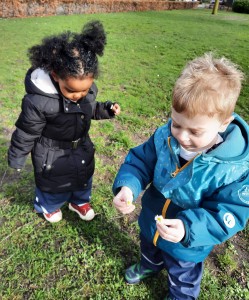
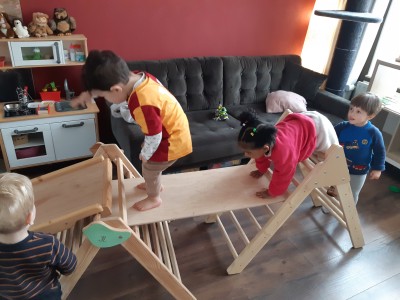
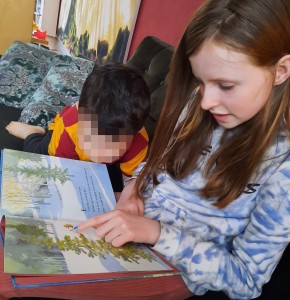
I strive to have at least two children of the same age group in my care every day. Children primarily learn from each other. They are focused on each other, imitate, criticize and understand each other without words. They are, according to the philosophy of Reggio Emilia, each other’s first pedagogue. As a second pedagogue, I will create situations to allow children to form meaningful relationships together. I will then follow these mutual relationships as much as possible instead of directing them. With conflict situations I deal consciously. Teaching the children to look for solutions themselves and how to express their needs. In addition, I encourage them to develop an interest in each other, help and comfort each other, thereby stimulating their social competence.
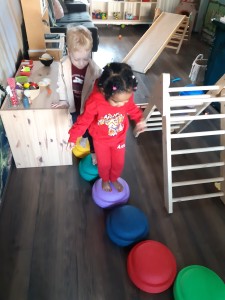
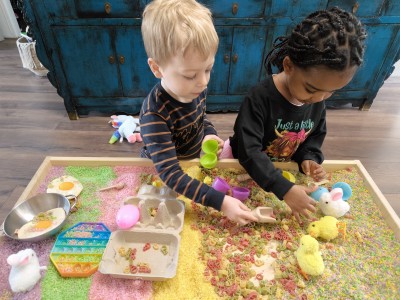
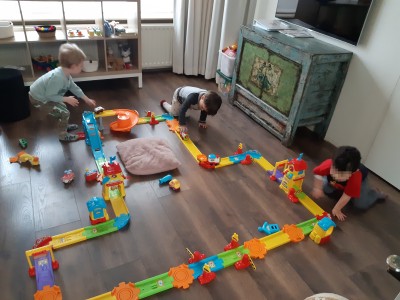
Throughout the day I offer children the opportunity to socialize and to adopt norms and values. During and after
playing, I teach the children important values about dealing with others and with their environment. For example, to
have respect for the materials in your environment, cleaning up together, recycling, taking good care of yourself and
others, etc.
I also value a healthy and versatile diet. In addition to the bread meal, I will therefore regularly offer the children
hot meals during lunch. To let them experience other flavors and to guide them into making responsible
choices when it comes to food and drinks. As for eating at our home; this is a pleasant social occasion where a lot is
allowed and nothing is required. Experience taught me that if you deal with this in a relaxed manner, it actually
stimulates children to taste unknown flavors and to learn to eat them.
